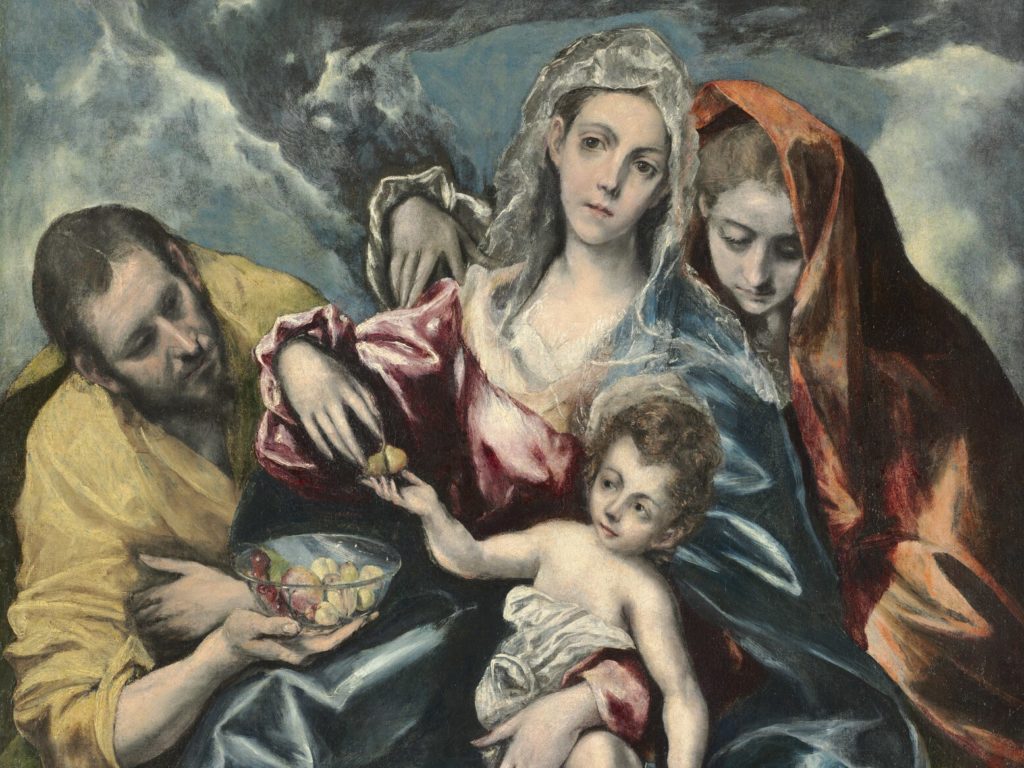When I wrote my book “Joy to the World,” I made a novel claim. I argued that the Christmas story seemed to lack a hero, at least in any conventional literary sense of the term.
Hear me out.
We tend to read the Gospel narrative through 2,000 years of tradition, and so it seems obvious to us that the hero is Jesus. He’s the “reason for the season.” He’s the Christ we strive to keep in Christ-mas. It’s his story we hear — and then go out to “tell it on the mountain.”
But baby Jesus doesn’t fit the classical model of a hero. He’s passive: nursed and placed to sleep in a manger, found on his mother’s lap by the Magi, carried away in flight to Egypt. Like any baby, he exercises a powerful attraction — drawing love from those who draw near. Yet he is visible only because other arms are holding him.
The Christmas story actually has an unconventional hero — not a warrior, not a worldly conqueror, not an individual at all, but rather a family. The details of the story always lead us back to that fact. We see the swaddling bands and know they’re for a baby; but someone had to do the swaddling. So we have a mother and child. We have a father. We have a household. We hear tell of the manger-crib where he lay; but someone needed to place him there. We read of the child’s exile in Egypt; but someone had to take him there — someone had to protect him from brigands along the desert roads — and someone had to work hard to support the mother and baby in a foreign land.
The scenes of Christmas are dramatic precisely because they involve the intersection of so many individual lives. Indeed, the other details of the story derive their meaning from the Gospel’s primary focus on the family. Herod, for example, is clearly anti-family and anti-child. History tells us that King Herod slaughtered his own sons; and the Gospel shows him commanding his soldiers to turn their swords upon the children of Bethlehem.
The family is the key to Christmas. The family is the key to Christianity. The family is a key to everything. St. Pope John Paul II noted that everything good — history, humanity, salvation — “passes by way of the family.”
One of the most profound implications of the Christmas story is this: that God had made his dwelling place among men, women, and children, and he called them to become his family, his holy household.
And so we find ourselves again at the center of the drama. We live in families that have their struggles. We find ourselves, as a society, facing anti-life, anti-family forces that seem unbeatable.
We must never despair. We must remember Christmas and press on toward Bethlehem. The Holy Family enjoyed the protection of heaven, and now we are Jesus’ holy family. We are his household on earth. God will empower us to accomplish his will for our time. Christmas is our proof. Christmas is our assurance.

